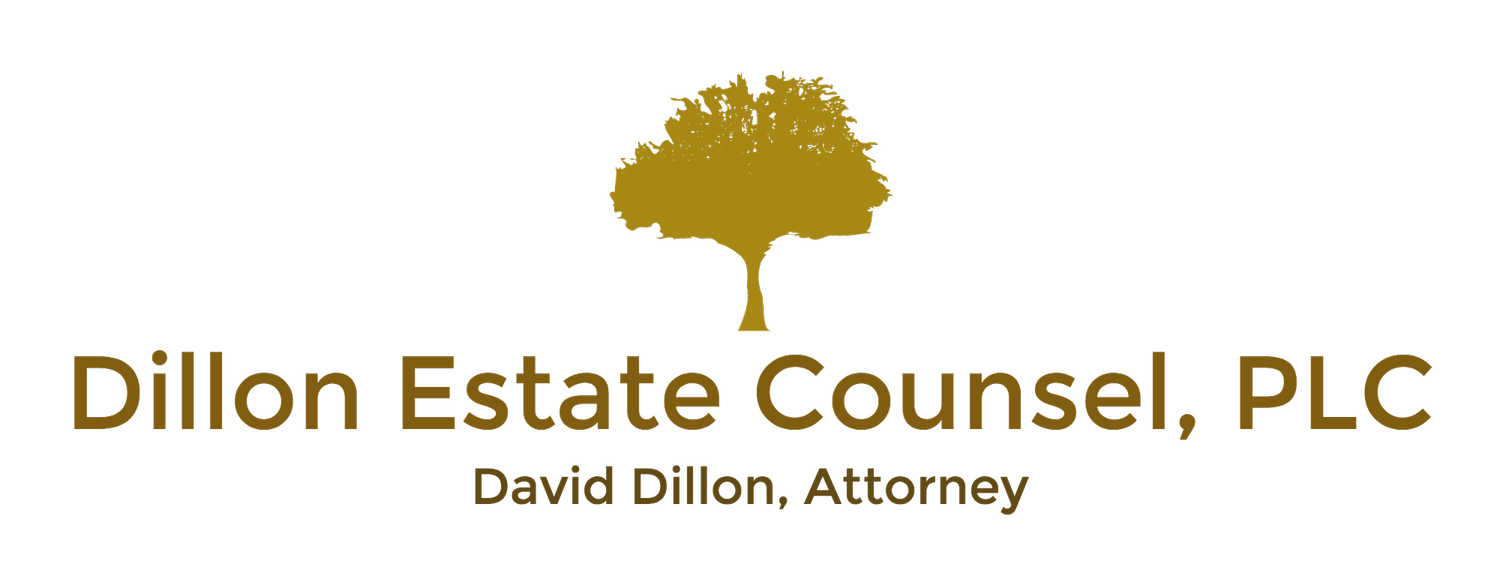Estate Administration Services
Once the initial shock of loss has subsided a little, it is easy to very quickly begin feeling overwhelmed by the task of winding up another person's affairs. This is perfectly normal; after all it is difficult enough to manage one's own affairs, let alone someone else's. Even in the relatively straightforward situation of two spouses who own everything jointly, there can be a surprising amount of complexity as notices regarding retirement benefits, Social Security, insurance and other matters begin to come in. With the affairs of a parent or other relation, it can often get more complex. You may be asked to provide death certificates or court papers before getting any information at all about the person's accounts, bills or benefits. Deciding what to tackle first can seem daunting and it can be easy to let things pile up.
I can help with "What do I do next?"
My approach to helping with an estate is twofold. First, I provide legal services. These include things like the probate and interpretation of the will, the preparation and filing of the various court documents, advice for the executor as to their legal duties and responsibilities, help in communicating with creditors, beneficiaries and other parties, and generally providing counsel right up through the close of the estate. In addition to those services, I believe it is just as important to help whoever is handling an estate with the administrative work of identifying, gathering and tracking assets, monitoring distributions, and ensuring that good records are kept for taxes, beneficiaries and court reporting. I offer help with those aspects of an estate at a discount from my normal hourly rate to ensure that clients get both the administrative and the legal support they need.
Learn more about the estate administration process →
Estate Planning Services
While it is impossible to plan completely for everything that will happen at a person's death, there are a number of ways to make the process smoother and more predictable. If at all possible, this is best done while health is relatively good, memory and mental capacity are still clear and before any crisis is looming which could cloud judgment. That is not always possible, however, and under less than ideal circumstances, a plan can often be put together. Still, it is always best to start planning early and review existing plans regularly.
The goal of all estate planning should be the transfer of a person's property in the simplest manner possible that still carries out that person's full intent. The challenge often arises in attempting to plan for unexpected events that may occur between the preparation of the instruments and the time of death. As the saying goes, it is difficult to make predictions, particularly about the future. Good estate planning addresses reasonable contingencies without undue complexity, which is always something of a balancing act.
There are a variety of tools used in the planning process such as wills, trusts, advanced directives and the like. Depending on individual circumstances, different tools may be appropriate for different situations. Please contact me to set a time to come talk about your particular situation.

